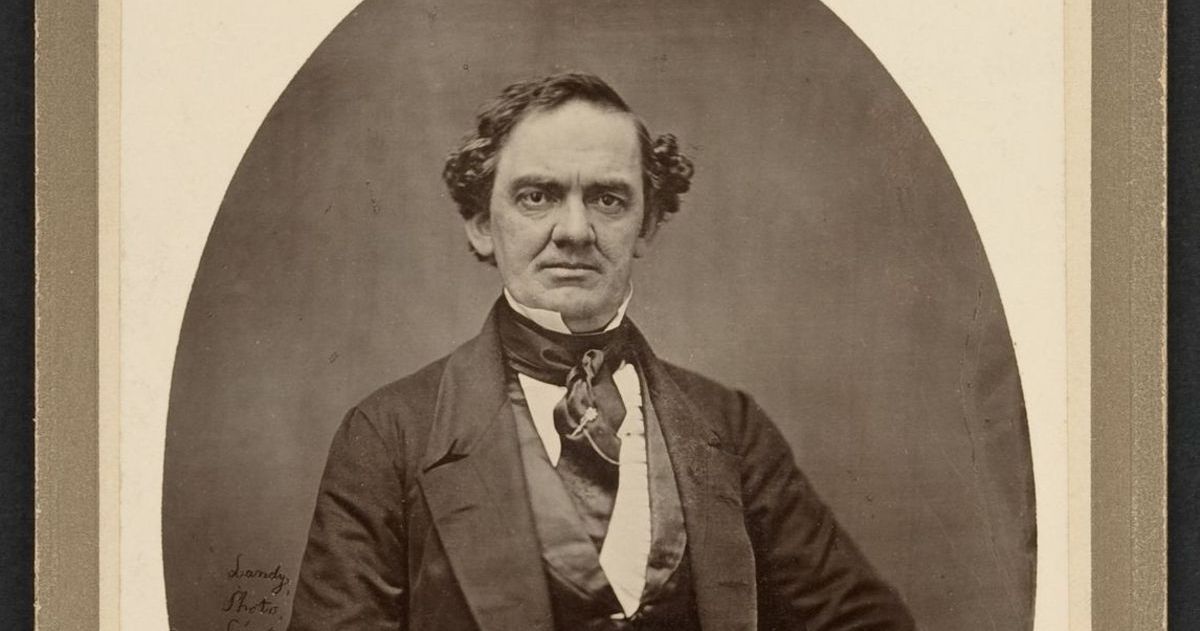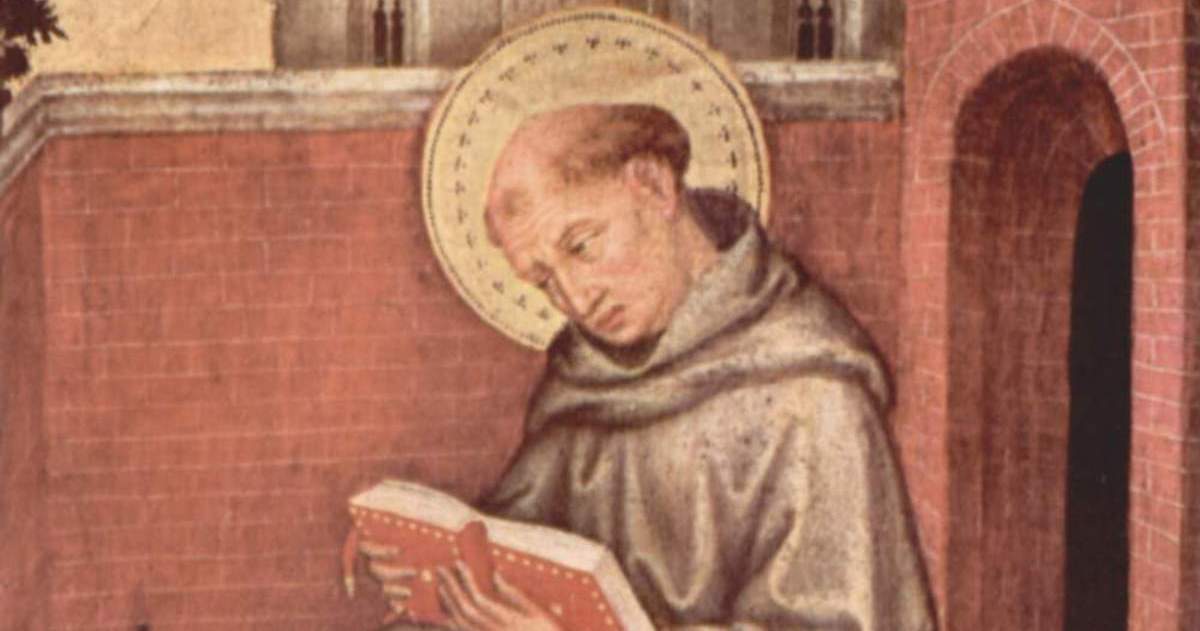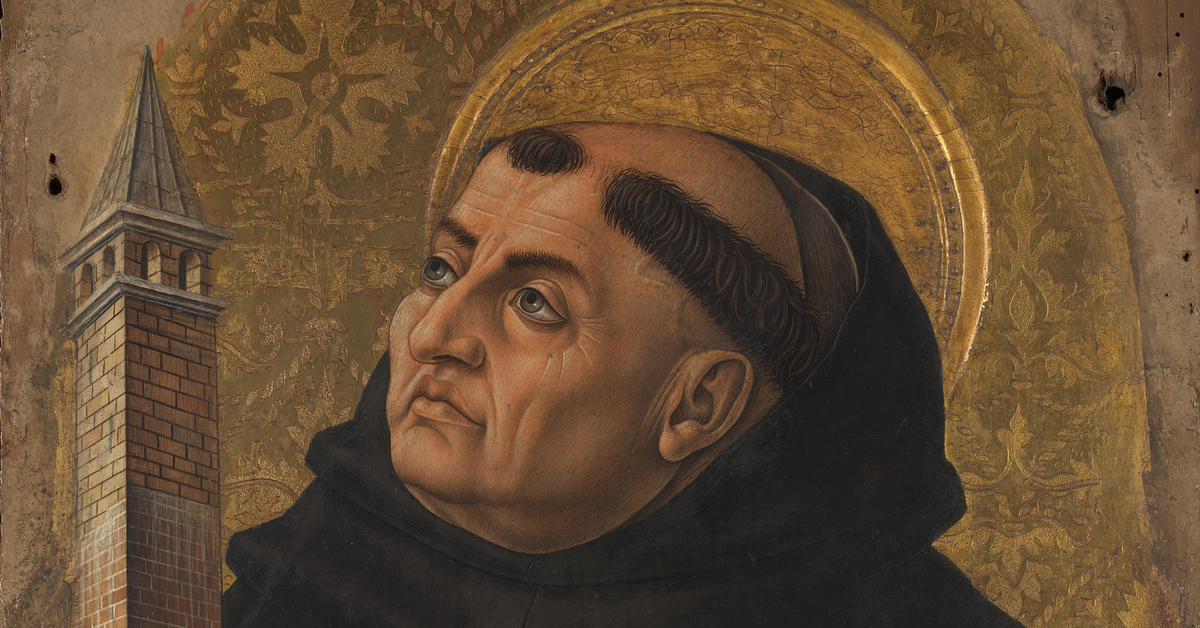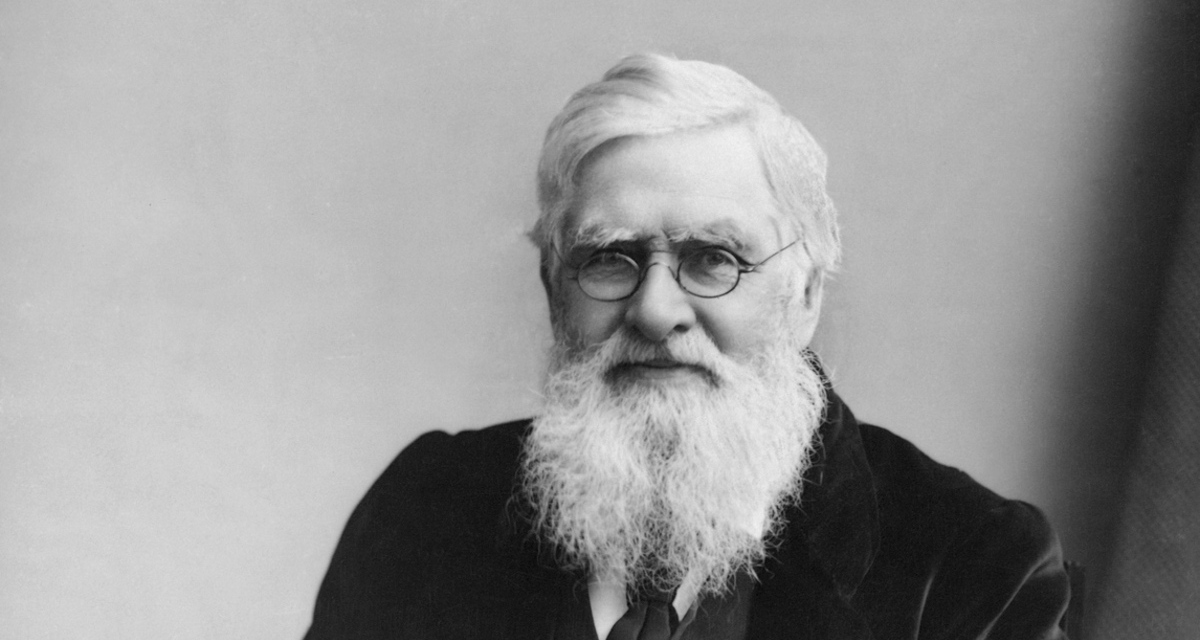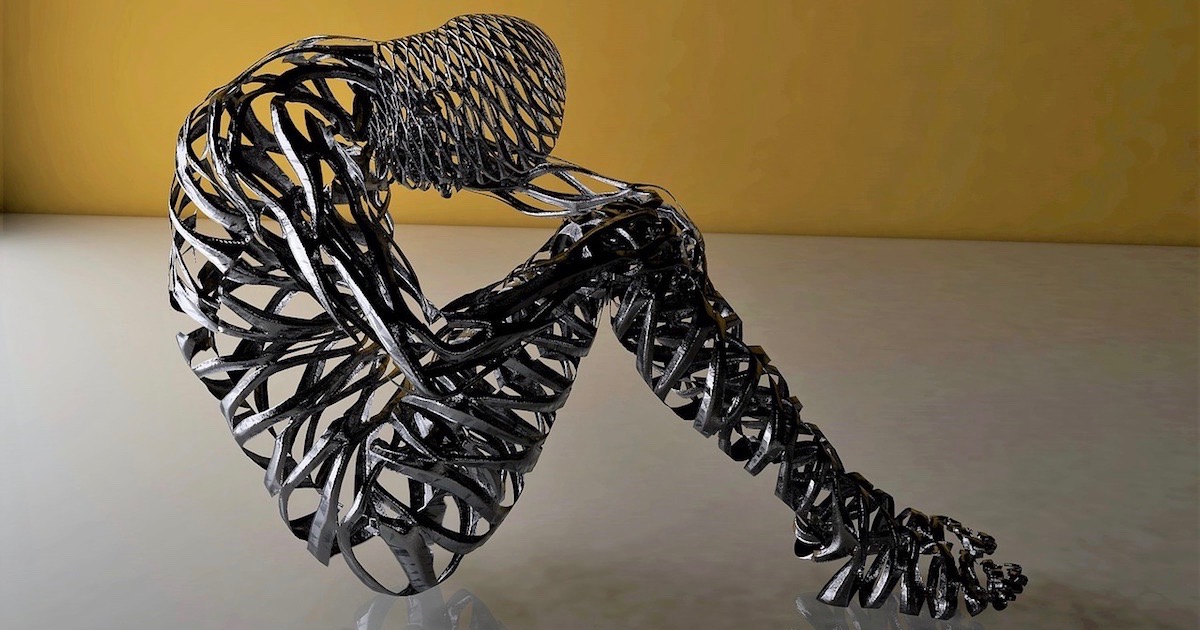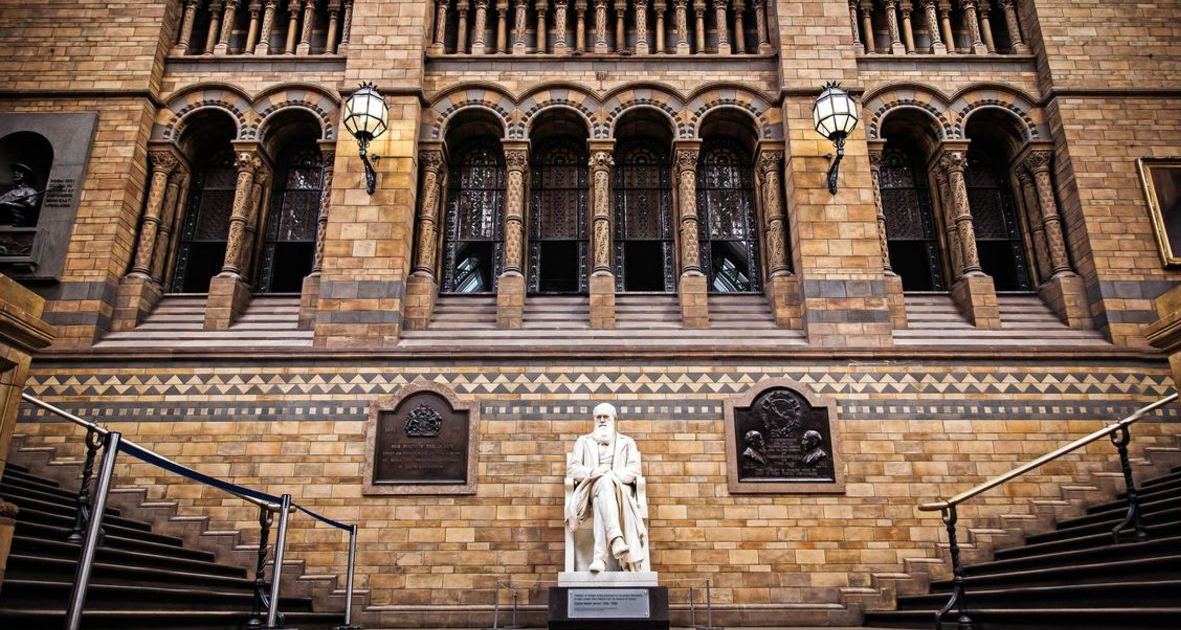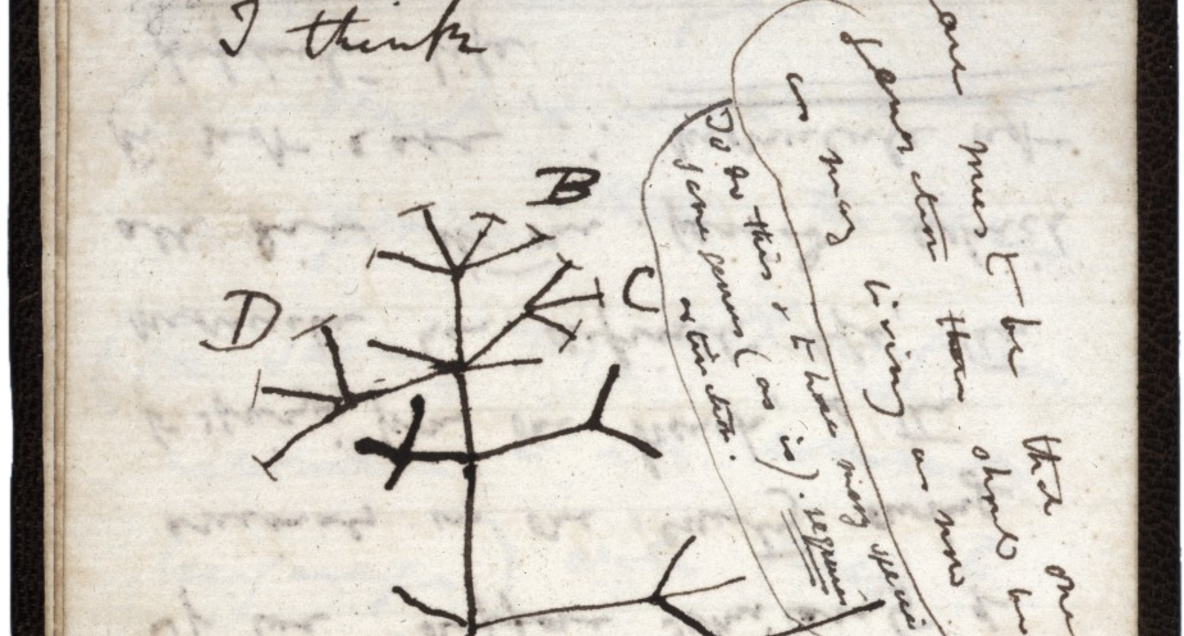
Winston Ewert Unpacks his New ID Model, the Dependency Graph–Pt. 1
On this episode of ID the Future, guest host Robert J. Marks talks with Dr. Winston Ewert about Ewert’s groundbreaking new hypothesis challenging Darwin’s common descent tree of life. The new model is based on the well-established technique of repurposing software code in different software projects. Ewert, a senior researcher at Biologic and the Evolutionary Informatics Lab, describes the nested hierarchical pattern of life and how any credible theory of life’s origin and diversity must explain it. He then describes how Darwin’s basic theory fits, and doesn’t fit, the pattern, and the various ancillary mechanisms invoked to close the gaps. These patches include horizontal gene transfer, convergent evolution, and incomplete lineage sorting. Ewert then cues up what he argues is a better, more elegant hypothesis, the common design hypothesis laid out in his peer-reviewed technical paper available here.
Read More ›
